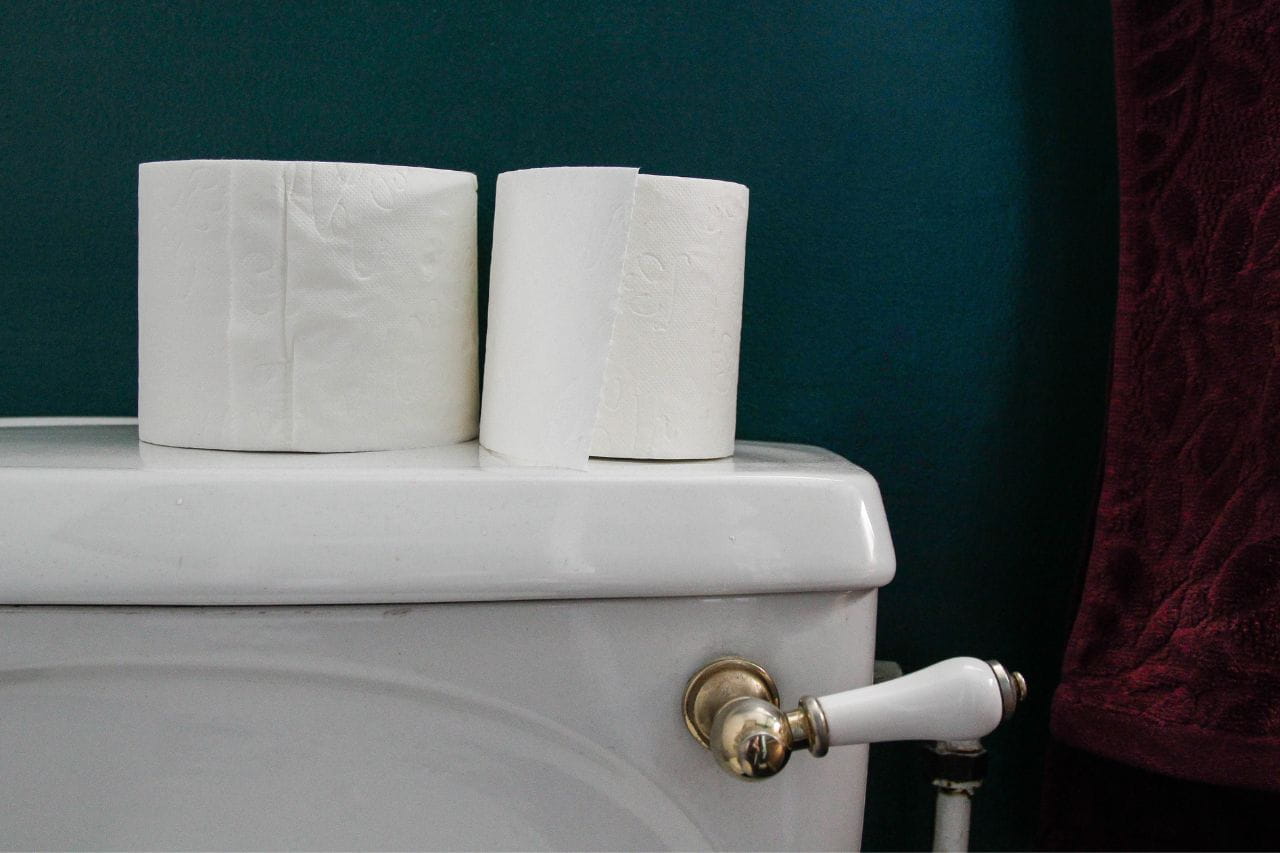How To Talk to Your Doctor About Fecal Incontinence

Clinically reviewed by Dr. Nechol Allen
Let’s be honest: talking about poop is usually not considered a polite dinner conversation. When it comes to our health, it’s important to break the taboo and start talking about this very common and treatable condition.
Pooping is a natural and necessary part of life. For some people, it isn’t always easy. They may suffer from a condition called fecal incontinence, which can make it difficult or impossible to control bowel movements.
While it’s not the most pleasant topic to discuss, it’s important to start the conversation about fecal incontinence to break the stigma and help people find treatments that work for them.
So, let’s talk about poop!
What Is Fecal Incontinence?
Fecal incontinence is the involuntary leakage of stool. This might be a small leak when you pass gas or a total loss of bowel control. Fecal incontinence is often the result of a weakening of the muscles that control bowel movements.
The condition can be caused by childbirth, surgery, medication, or injuries. Health conditions, such as hemorrhoids or rectal prolapse, can also contribute to fecal incontinence.
The good news is that there are treatments available. While it may feel a bit uncomfortable at first, if you are experiencing fecal incontinence, it’s best to talk to your doctor about the right treatment option for you.
Don’t Be Hesitant to Talk to Your Doctor
Many people are understandably reluctant to discuss fecal incontinence with their doctor. If you’re worried about how to broach the subject with your physician, here are a few tips to keep in mind.
First, remember that your doctor has seen and heard it all. There’s no need to be overly embarrassed or ashamed—just honest and direct. You can simply say that you’re experiencing some problems with bowel control and would like to discuss treatment options.
Dr. Allen, a practicing colon and rectal surgeon at Baptist Health Louisville, says, “It’s an embarrassing problem but 1 in 12 have it. Fecal incontinence is taboo to talk about with friends, but you can talk to me.”
Second, be prepared to answer some questions about your symptoms. Your doctor will likely want to know how often you experience fecal incontinence, as well as what kinds of activities trigger it. It can be helpful to keep a diary of your symptoms in the days or weeks leading up to your appointment.
Finally, don’t hesitate to ask questions yourself. You may want to know about different types of treatment options, or what kind of lifestyle changes you can make to help improve your condition. By being open and honest with your doctor, you can ensure that you’ll get the best possible care.
Treatment for Fecal Incontinence
Dealing with fecal incontinence can be a real pain in the butt (pun intended).
However, there are a few treatments available that can help you get your bowels back on track:
- Eating more fiber—adding fiber to your diet is also a good way to promote regularity and prevent constipation.
- Physical therapy – strengthens the pelvic muscles to aid in control.
- Sacral nerve stimulation— sacral nerve stimulation involves the implantation of a small device near the sacral nerves. These nerves are responsible for sending signals to the muscles that help control bowel movements. The device helps to send signals to the muscles, which allows them to contract and prevent leakage.
Learn More About Fecal Incontinence Care at Baptist Health
If you feel unable to control your bowel movements or the urge to defecate comes on suddenly, Baptist Health Medical Group physician, Nechol Allen, MD and her team can help.
Dr. Allen sees and treats patients with fecal incontinence very regularly and is ready to speak with you about how we can help improve your quality of life.
Please call Dr. Allen’s office – Baptist Health Medical Group Colon & Rectal Surgery—at 502.895.3633. With the right treatment, you can get your bowels back under control and get back to enjoying life to the fullest.
Next Steps and Useful Resources
What Is Pelvic Floor Therapy?
The Pelvic Floor After Childbirth
Types of Urinary Incontinence



